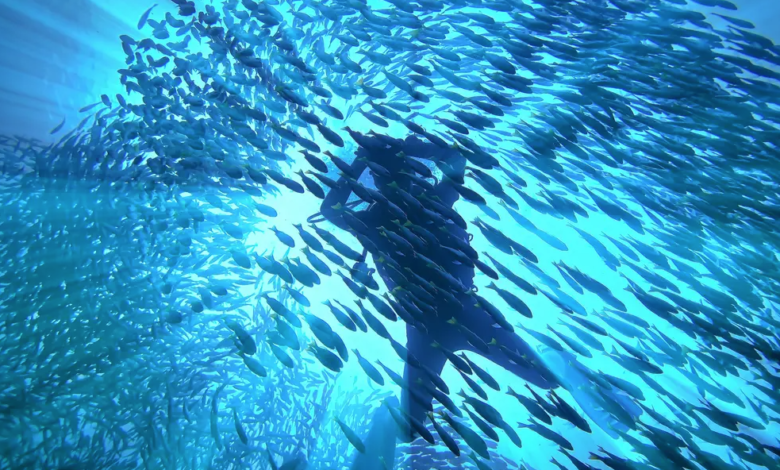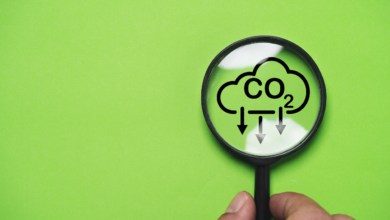World Oceans Day 2023: why take care of the sea
UN approved 2008 World Oceans Day 2023 promotes global action
(sustainabilityenvironment.com) – “Tides are changing” is the slogan of World Oceans Day 2023. A auspicious claim, which aims to emphasize the need for global action to protect the basic element of life: water.
The proposal to establish World Ocean Day was made at the Earth Summit in Rio de Janeiro in 1992. The promoters were the Canadian International Centre for Ocean Development (ICOD) and the Ocean Institute of Canada (OIC). It took 16 years, but in the end in 2008 the day was officially recognized by the United Nations.
On the site set up by the UN for World Oceans Day 2023, you can download digital materials and participate in the awareness campaign. During the morning, there will be online events with experts and international institutions. In the opening, of course, the speech of the Secretary General Antonio Guterres.
World Oceans Day 2023: What happens at sea?
“Despite humanity’s total dependence on it, the ocean receives in return only a fragment of our attention and resources,” the United Nations warns. But as the slogan says, the tide is changing. At the COP15 summit last December, the parties to the Convention on Biological Diversity approved the target of 30 30. It means that 30% of the planet will have to be put under special protection by 2030. Marine protected areas are one of the proposed solutions to limit the interference of industrial fisheries and the pollution of waters and seabeds.
The number of species threatened by overfishing has doubled since 2014 and the number of endangered species has more than tripled. Three species have been classified as “probably extinct” by the International Union for Conservation of Nature (IUCN).
Industrial fishing serves an industrial consumption: in fact, according to the WWF, today we eat about 19 kg of fish per head in the world, twice as much as 50 years ago. Out of almost 100 million tonnes of fish per year, 40% are by-catch (bycatch), that is, species that cannot be fished (turtles, dolphins, sharks) but are taken from the sea.
Not to mention all the marine life that is choked to death by the plastic ingested. In the last 40 years we have witnessed, according to a study published in Plos One in March, an unprecedented growth in plastic pollution in the oceans.
If you mine the oceans
To all this is added the increasingly concrete threat of Deep Sea Mining, that is, offshore mining. International waters in some parts of the world have become an interesting territory for mining companies. One of the driving forces behind this new frontier is the increasing attention to the environment and respect for human rights in the mining industry on land. Companies are increasingly struggling to extract raw materials without ending up in investigations and complaints, as well as the fact that reserves of rare earths and critical minerals are in the hands of a few countries, which dictate the price. For example, in China.
Thus, in recent years a certain interest in the sea depths has been concentrated, where near tectonic faults there are high concentrations of polymetallic nodules composed of very valuable raw materials such as – among others – cobalt and manganese. But the ecological impact of bottom extraction can be irreversible.
The World Ocean Day cannot solve all these problems, but it can turn a light on the great issues that insist on the sea. Questions that each of us can know and on which to take action for a change.






